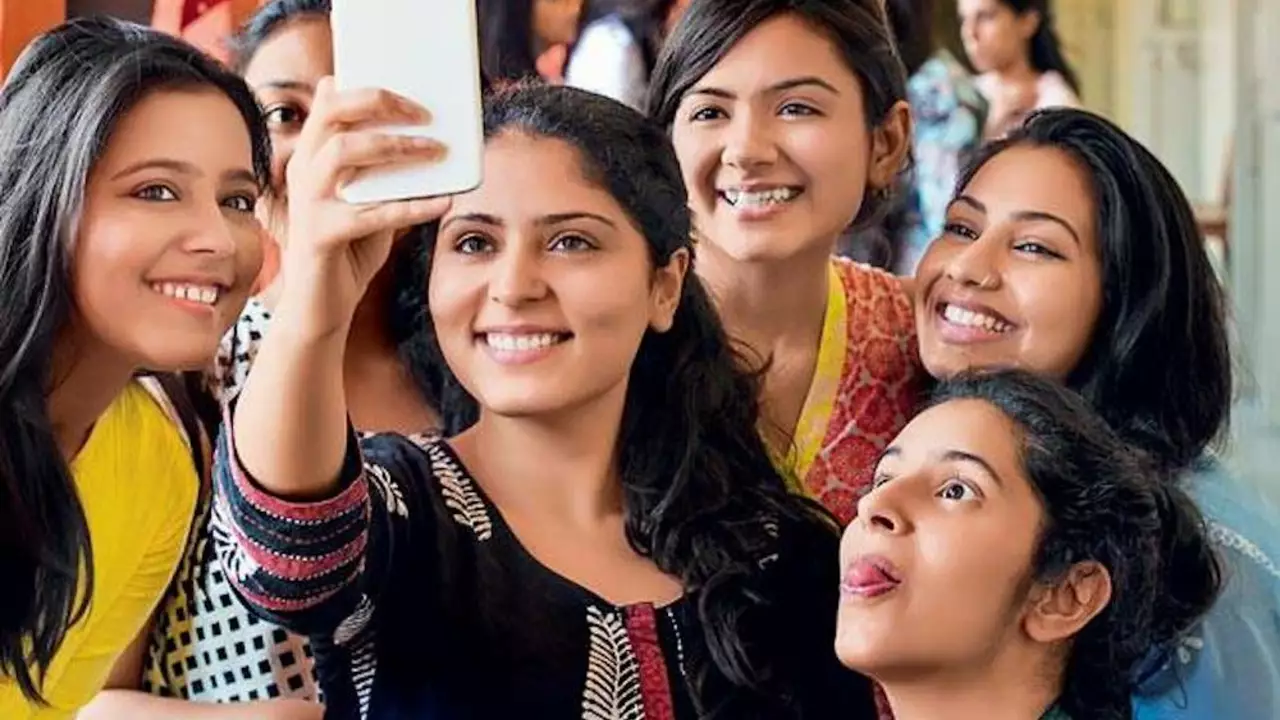Understanding Cultural Differences
When it comes to marriage, cultural differences play a significant role. Whether you choose to marry a foreign girl or an Indian girl, it's crucial to understand and respect the cultural nuances each one brings to the table. Indian culture, for instance, is deeply rooted in traditions, customs, and social hierarchies. A foreign girl, on the other hand, may bring a different set of cultural values, beliefs, and practices. These differences aren't necessarily good or bad - they're simply different. It's about how well you can navigate these differences and build a harmonious relationship.
Embracing Diversity
Marrying a foreign girl can offer a unique opportunity to embrace diversity. This can be an enriching experience as it exposes you to different ways of thinking, living, and experiencing the world. It can broaden your perspective and make you more open-minded. By marrying a foreign girl, you also get a chance to learn and understand a new culture, language, and tradition. However, this also presents its own set of challenges such as language barriers and cultural misunderstandings. It's a journey that requires patience, understanding, and a lot of love.
The Comfort of Shared Culture
On the other hand, marrying an Indian girl comes with the comfort of shared culture. There's a certain ease and understanding that comes from sharing the same cultural background. From the same food preferences to understanding subtle cultural cues, you will find many common grounds. There's also a deep sense of belonging and acceptance that comes from being part of the same culture. However, this doesn't mean that marriages within the same culture are devoid of challenges. Cultural expectations and societal pressures can often add stress to the relationship.
Adapting to a New Culture
Adapting to a new culture can be a challenging yet exciting journey. If you choose to marry a foreign girl, you might need to adapt to her culture, traditions, and lifestyle. This could mean learning a new language, understanding different societal norms, or even changing your lifestyle. It can be a steep learning curve, but it's also an opportunity for personal growth and development. It's about finding a balance between preserving your own culture while respecting and embracing hers.
Family and Society
Family and society play a significant role in Indian marriages. When you marry an Indian girl, it's not just an alliance between two individuals, but two families. There are societal expectations, family traditions, and cultural norms to consider. Marrying a foreign girl might mean less societal pressure, but it can also mean facing social stigma and resistance from family. It’s important to consider these factors and communicate openly with both families.
Language and Communication
Communication is key in any relationship. Marrying a foreign girl might present language barriers, especially if you both speak different native languages. However, this can also be an opportunity to learn a new language and improve your communication skills. On the other hand, marrying an Indian girl might offer the advantage of shared language, making communication easier and more natural. However, it's important to remember that effective communication goes beyond language. It's about understanding, empathy, and emotional connection.
Personal Growth and Independence
Marrying a foreign girl can offer ample opportunities for personal growth and independence. It can push you out of your comfort zone and challenge you in ways you never imagined. It encourages you to be more adaptable, tolerant, and open-minded. On the other hand, marrying an Indian girl can provide stability and comfort. You get to grow and evolve within the familiar boundaries of your own culture. Both have their own merits and challenges.
Conclusion: There's No 'Better' Choice
In conclusion, there's no 'better' choice between marrying a foreign girl or an Indian girl. It all comes down to personal preference, compatibility, and love. Both choices come with their own set of challenges and rewards. It's about understanding these differences, respecting them, and making a conscious choice. Remember, marriage is a lifelong commitment that should be based on love, respect, and mutual understanding, regardless of cultural backgrounds.
